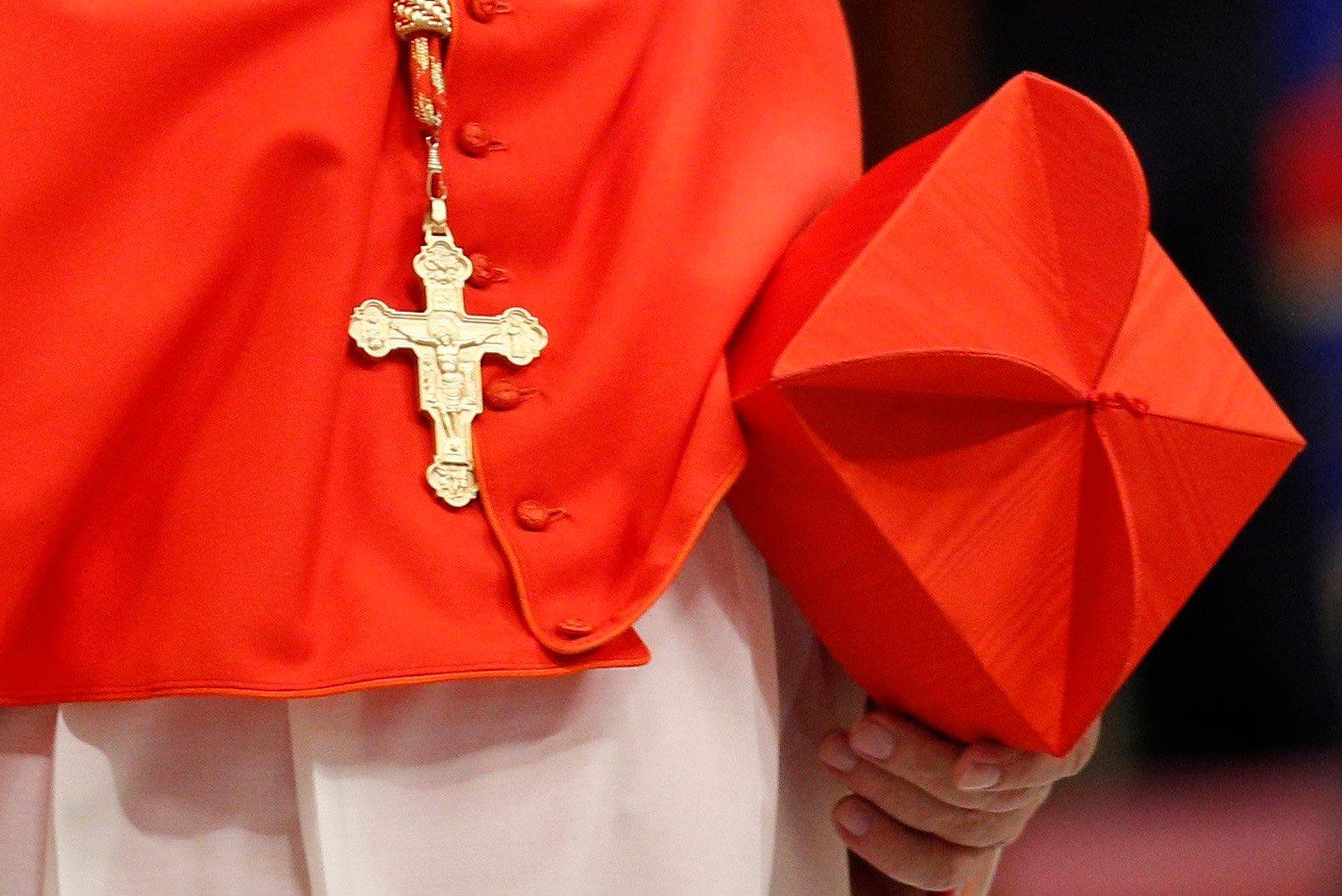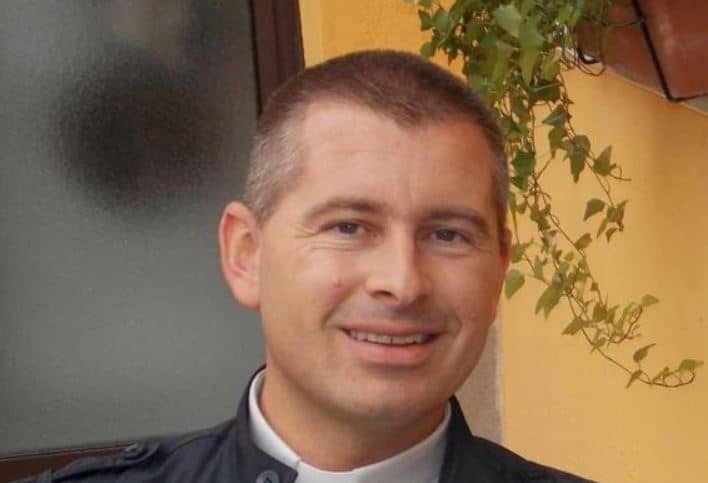ROME – A group of con men who dressed up as cardinals to swindle victims out of millions of dollars have been caught by Italian police, in an undercover sting operation conducted by officers who were disguised as priests.
Members of the Carabinieri, the Italian military police who enjoy broad authority in Italy, set the trap at the Basilica of Holy Mary of Angels and Martyrs in central Rome after receiving complaints from two hotels that were scammed out of 20,000 euros ($23,631) and 75,000 euros ($88,616) in 2017.
Since 1988, the group of five con men, aged between 58-75, pretended to be priests, monsignors, and even cardinals, presenting themselves as “intermediaries of the Vatican” who could offer business owners in financial trouble, mostly in northern Italy, advantageous loans either from the Vatican bank or a non-existent Luxembourg financial company called “Eurozone,” without requiring personal financial guarantees.
It wasn’t difficult for the grifters to get the fake attire, since Rome boasts dozens of shops selling clerical garments, including some that specialize in cardinals’ outfits. No special status or identification is required to purchase the clothing, in part because it’s often customary for friends and family of a cardinal to buy the required garments for him.
To be credible, the fraudsters, who met at a café in the Centocelle neighborhood in southeastern Rome every morning to discuss potential scams, would set up various meetings and exchange emails and contacts with their marks.
In order to sell the impression that they were priests or cardinals, calling themselves “Don Luca” or “Don Giuseppe,” many of the meetings took place near the Vatican. In one case an appointment took place at the Pontifical Gregorian University, which is run by the Jesuits and attended by a swath of priests, seminarians, and religious studying in Rome.
According to Italian newspaper Il Messagero, the group also once set up a fake notary’s office in a building on the Corso Vittorio Emanuele, using a plaque and a genuine-seeming studio to convince victims the business was legitimate.
All that was requested of their “investors” was an upfront cash payment, billed as good faith money, which the group would collect before vanishing into thin air.
After being contacted by the hotels that were scammed in 2017, police conducted a two-year investigation into the group, uncovering at least 20 different scams amounting to nearly 1.7 million euros ($2,009,751).
They were finally caught during an exchange at Rome’s Basilica of Holy Mary of the Angels and Martyrs in the Piazza Esedra, where the gang had made an appointment to collect 15,000 euros ($17,700) as a surety for a loan of 500,000 Euro.
Making up an excuse to have the victims wait, the group attempted to leave the basilica by a rear exit when a group of police dressed up as priests stopped them. According to Il Messagero, one of the men while being detained tried to make a joke out of it, asking, “How can the police arrest me, I’m extraterritorial!”
(Various Vatican-owned properties around Rome are considered “extra-territorial,” meaning an extension of the Vatican’s sovereignty.)
While this particular scam may be distinguished in its brazenness, it is certainly not unique.
On a smaller scale, such frauds are common in Italy, and many of them affect the Church. The Diocese of Padua in northern Italy even rolled out a new training course recently for clergy on recognizing fraud and learning good business and financial management practices.
RELATED: Bishop launches training to protect priests from financial scams
The Bishop of Padua, Claudio Cipolla, decided to launch the course after an octogenarian priest in the area who used to run a charity was swindled out of more than $450,000.
For years, the priest had lent money to scam artists pretending to be individuals and families in need, often asking him to give them prepaid credit cards or cash and promising to repay the money.
When the priest finally stepped down from his role leading the charity and no longer had access to the money, the criminals began making threats, so he turned to the police, leading to the arrest in May of 11 people.
After learning of the incident and discovering that criminals abusing the Church’s charitable entities is not uncommon, Cipolla launched the training course in a bid to prevent similar scams from happening in the future.
In remarks during one of the livestreamed courses, Cipolla said that every pastor “must have communal sense to help one another,” voicing hope that his course “allows us to work together and also to know how to defend ourselves against those who would profit from the goodness of some of us.”
Follow Elise Ann Allen on Twitter: @eliseannallen

















